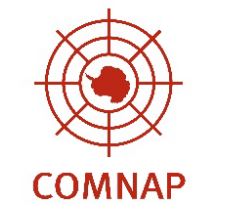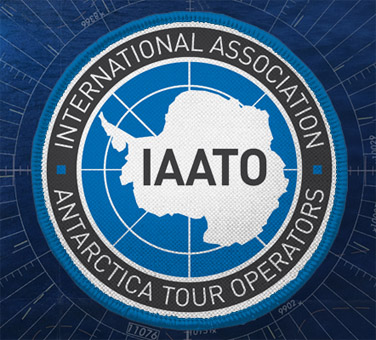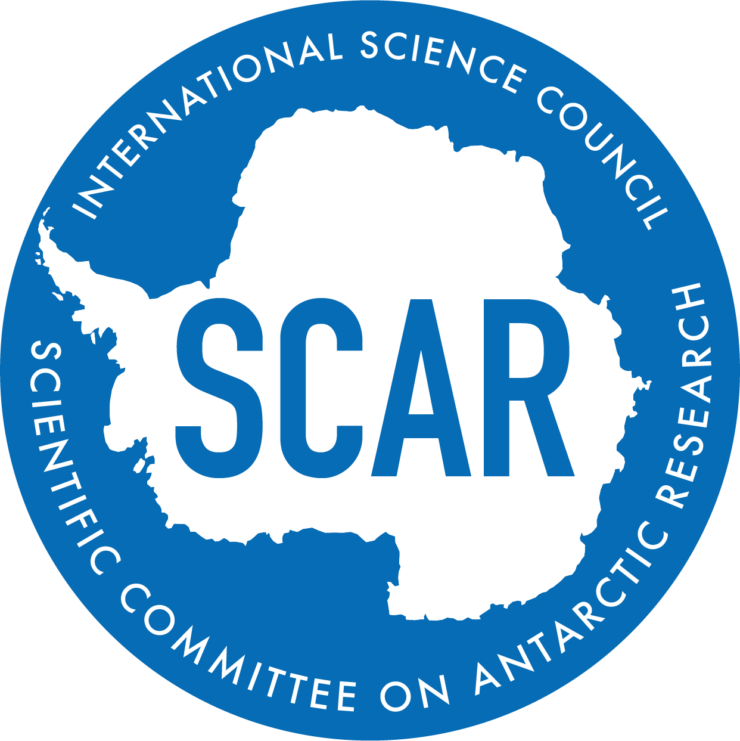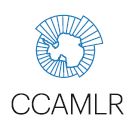The Council of Managers of National Antarctic Programs (COMNAP)
 www.comnap.aq
www.comnap.aq
Contact: Andrea Colombo – Engagement, Information and Project Manager
[email protected]
+64 3 369 0626
COMNAP brings together the National Antarctic Programmes of 31 Antarctic Treaty countries. Formed in 1988, the purpose of COMNAP is to develop and promote best practice in managing the support of scientific research in Antarctica. It does this by: Serving as a forum to develop practices that improve effectiveness of activities in an environmentally responsible manner; Facilitating and promoting international partnerships; Providing opportunities and systems for information exchange; and Providing the Antarctic Treaty System with objective and practical, technical, and non-political advice drawn from the National Antarctic Programmes’ pool of expertise.
The International Association of Antarctica Tour Operators (IAATO)
 www.iaato.org
www.iaato.org
Contact: Amanda Lynnes – Director of Environment and Science Coordination
[email protected]
+44 7879 777036
IAATO is a member organisation founded in 1991 to advocate and promote the practice of safe and environmentally responsible private-sector travel to the Antarctic. IAATO members work together to develop, adopt and implement operational standards that mitigate potential environmental impacts. These standards have proved to be successful and include, but are not limited to: Antarctic site-specific guidelines, site selection criteria, passenger to staff ratios, limiting numbers of passengers ashore, boot washing guidelines and the prevention of the transmission of alien organisms, wilderness etiquette, ship scheduling and vessel communication procedures, emergency medical evacuation procedures, emergency contingency plans, reporting procedures, marine wildlife watching guidelines, station visitation policies and much more. IAATO has a global network of over 100 members.
The Scientific Committee on Antarctic Research (SCAR)
 www.scar.org
www.scar.org
Contact: [email protected]
+44 1223 336550
The Scientific Committee on Antarctic Research (SCAR) is an inter-disciplinary body of the International Science Council (ISC). SCAR is charged with initiating, developing and coordinating high quality international scientific research in and from the Antarctic region, and on the role of the Antarctic region in the Earth system. SCAR Science Groups represent the scientific disciplines active in Antarctic research. They conduct the scientific business of SCAR and provide regular reports. In addition to carrying out its primary scientific role, SCAR also provides objective and independent scientific advice to the Antarctic Treaty Consultative Meetings and other policy-oriented organizations, on issues of science and conservation affecting the management of Antarctica and the Southern Ocean.
The Commission for the Conservation of Antarctic Marine Living Resources (CCAMLR)
 www.ccamlr.org
www.ccamlr.org
Contact: Steve Parker, Science manager
[email protected]
+61 3 6210 11
The Commission for the Conservation of Antarctic Marine Living Resources (CCAMLR) was established by international convention in 1982. CCAMLR is an international commission with 27 Members, and a further 10 states that have acceded to the Convention. Based on the best available scientific information, the Commission agrees a set of conservation measures that determine the use of marine living resources in the seas surrounding Antarctica. CCAMLR practices an ecosystem-based management approach. This includes harvesting as long as it is carried out in a sustainable manner and takes account of the effects of fishing on other components of the ecosystem.

 www.comnap.aq
www.comnap.aq www.iaato.org
www.iaato.org www.scar.org
www.scar.org www.ccamlr.org
www.ccamlr.org